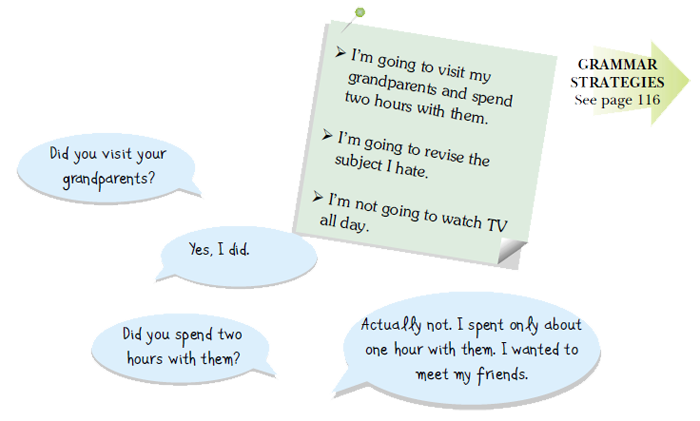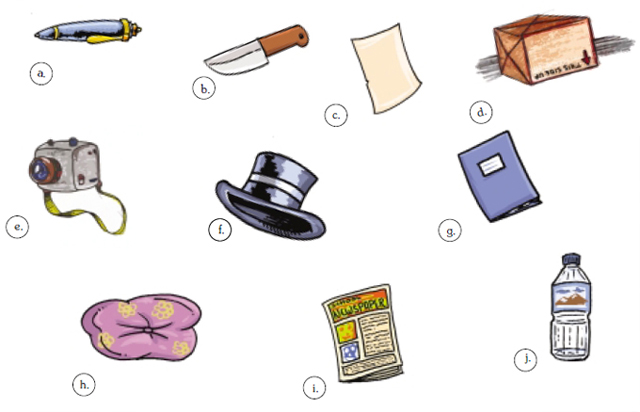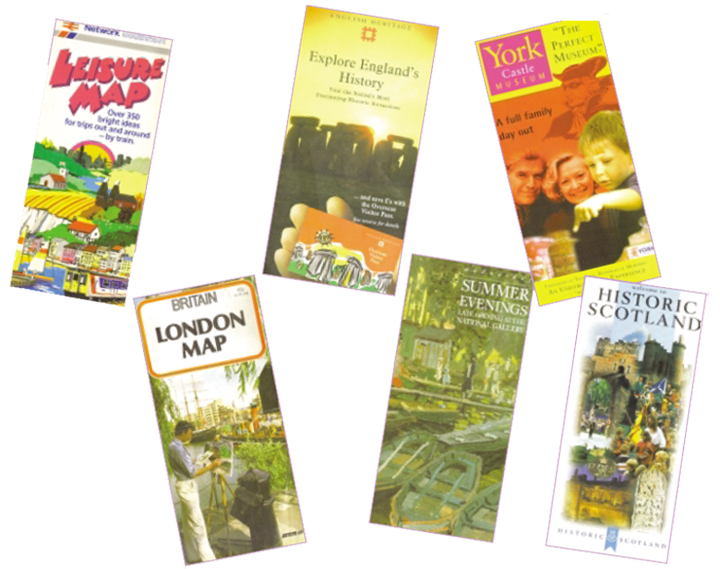Good intentions!
Be going to - Talking about future plans and intentions
see Grammar Appendix, page 173

UNIT 7
|
||||||||
Lesson 2
Thursday, April 3rd
11.30 pm Can't sleep. I'm staring out of my bedroom window. Ten days to the party! I'm going to wear that fantastic dress I bought yesterday and I'm going to invite Tim, the boy who lives next door. I see him every morning. He rides his bike to school. I think he's gorgeous! He might like me too. I hope he does! And guess what! Mum and dad are eating out on the day of the party! Lalalala… life is fabby, fab, fab
a. something that is going on at the moment
b. something the writer has decided to do, an intention c. a past action d. a habit e. something the writer is not really sure about f. a fixed arrangement
|
Good intentions!


UNIT 7
|

Our next school trip

|